Coffee and cocoa gardens
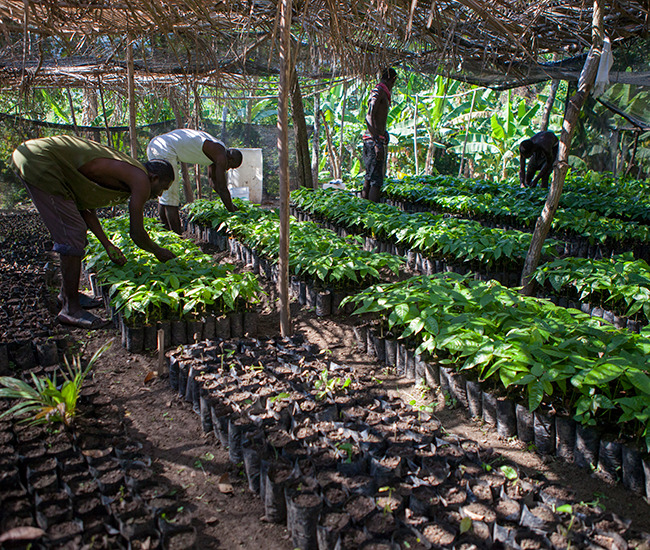
The Southern Department of Haiti is characterized by an important biodiversity, a rugged and fragmented landscape. Agriculture is the main activity and allows several thousand families to live. The agroforestry sector represents a major asset, both from an economic and environmental point of view: the “Creole garden”, combining shade wood, fruit, coffee, cocoa, tubers and […]
Inclusive Agricultural Governance
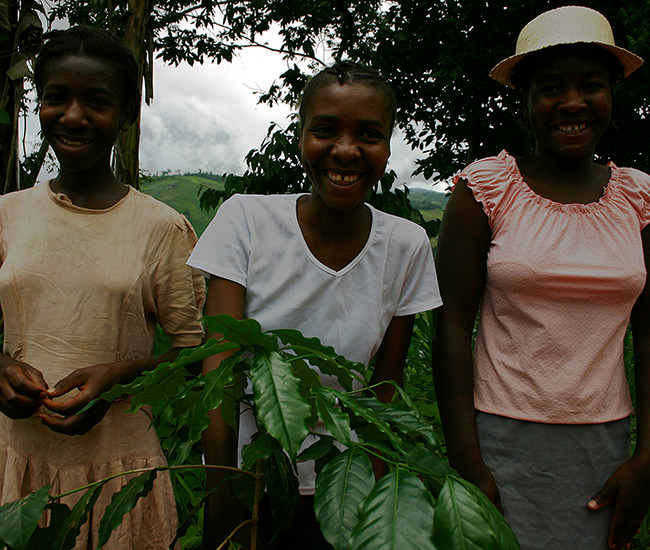
In Haiti, 80% of agricultural production is based on peasant family farming, which plays a fundamental economic and social role for a large part of the population. This family farming is however strongly marginalized in the agrarian policy of the country, mainly dictated by the economic interests of some actors of an industrial type agriculture. […]
Independent observatory for forest-friendly cocoa
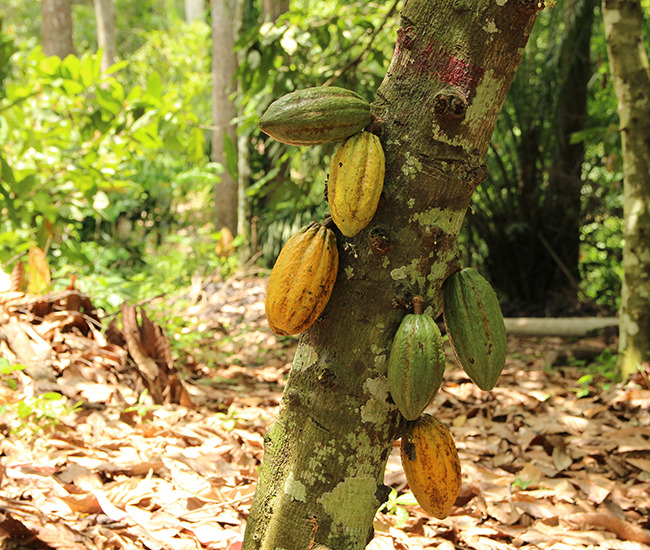
In response to the ageing of the cocoa orchard and the disappearance of forest cover in Côte d’Ivoire, the “forest-friendly cocoa” (CAF) pilot project aims to promote sustainable cocoa farming that reconciles the preservation of natural and forest resources with improved living conditions for cocoa producers. Following a call for tenders for the selection of […]
Agroecology and economic development in the Bijagos Islands
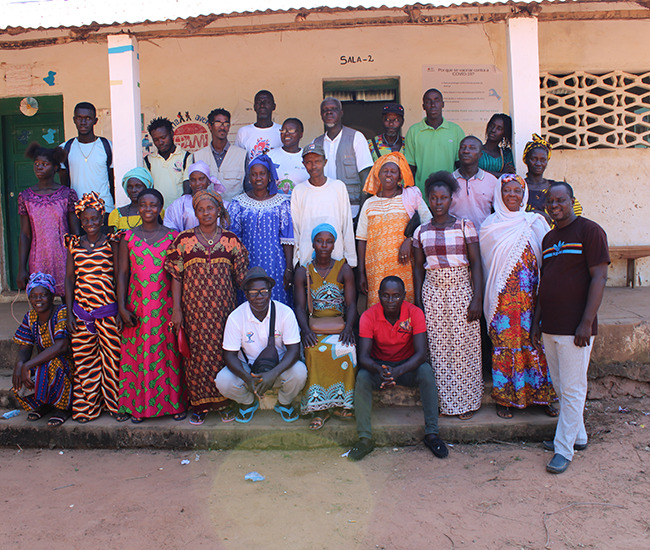
Context The 6 islands of the Bolama-Bijagós region are landlocked: the islands furthest from the mainland are around 100 km from the coast, and although there is a maritime transport network between the capital and the 2 main islands, most of the islands have little or no service. These islands are economically very vulnerable, with […]
Agro-ecological transitions in West Africa
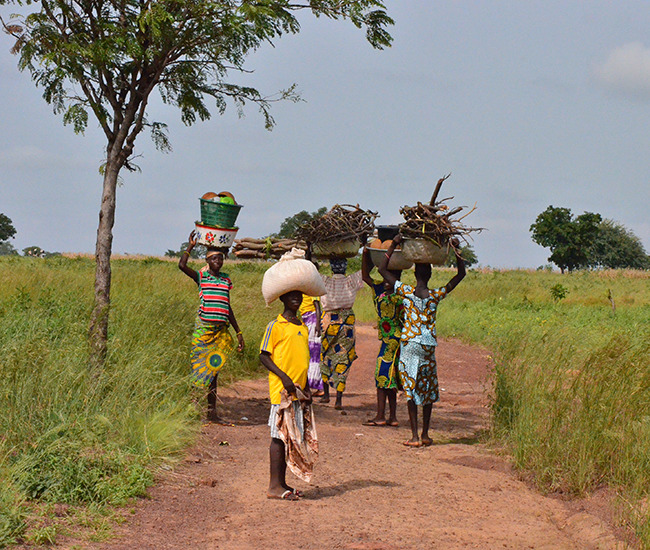
The Programme d’Appui à la Transition Agroécologique en Afrique de l’Ouest (PATAE) is a new initiative launched by the Economic Community of West African States (ECOWAS) as part of its regional agricultural policy (ECOWAP). This project aims to : Contribute concretely to current agro-ecology development initiatives led by various players in the field, by financing […]
Communities managing biodiversity
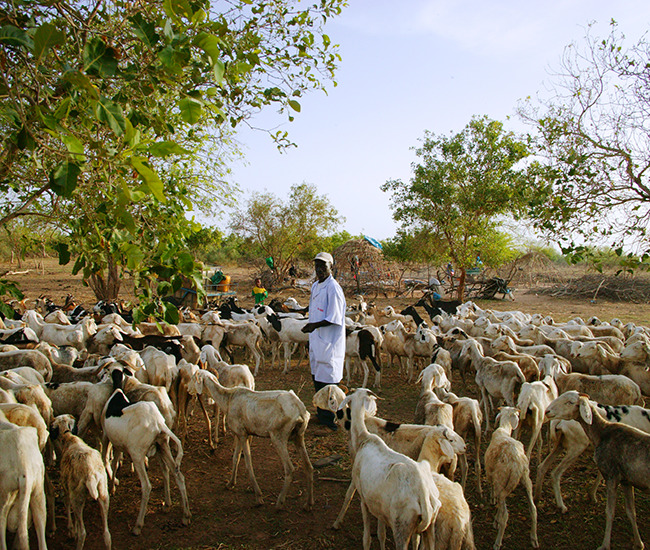
Training Guide: Agroecology as a Substitute for Pesticides
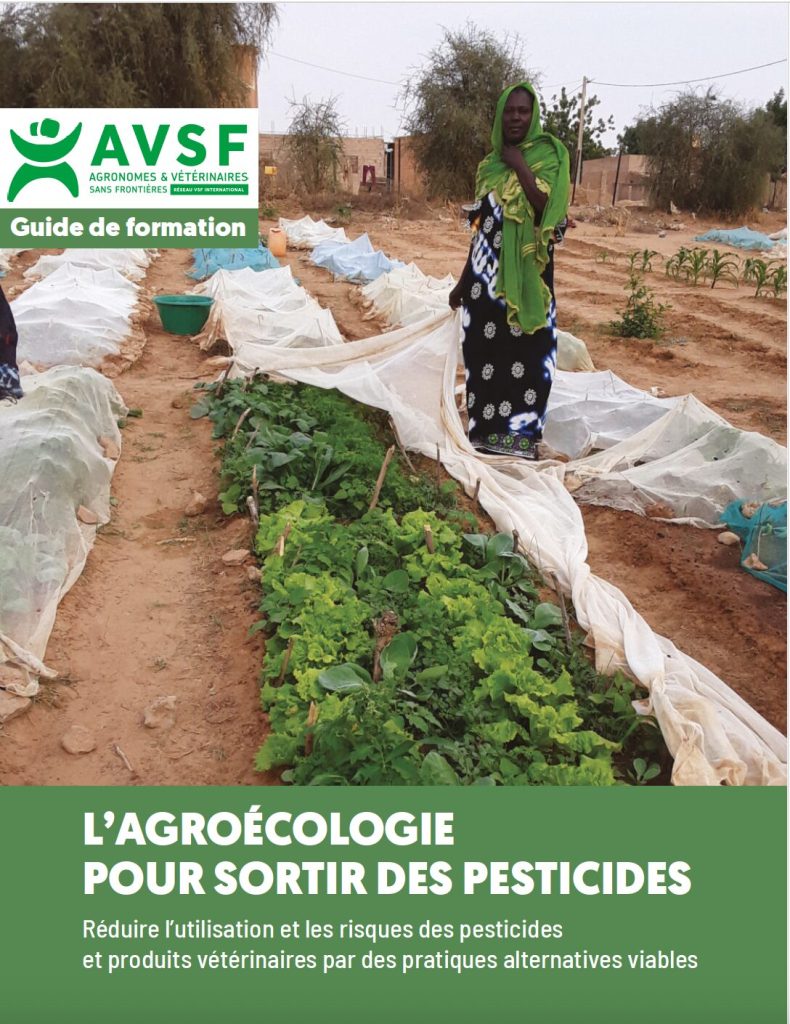
This training guide was written by the members of AVSF (employees and volunteers)who are deeply concerned about the growing use of pesticides and veterinary products in developing countries, particularly in sub-Saharan Africa, many of which are no longer authorized in developed countries due to their high toxicity. This situation has and, in the future, will continue to have […]
Smallholder farming and the transition to agroecology
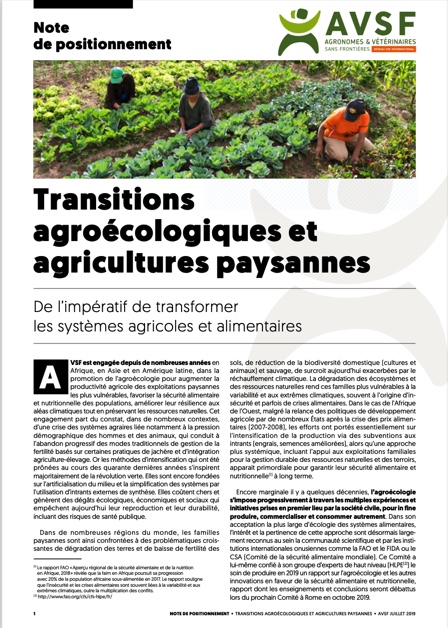
Tea to help fight poverty in Laos
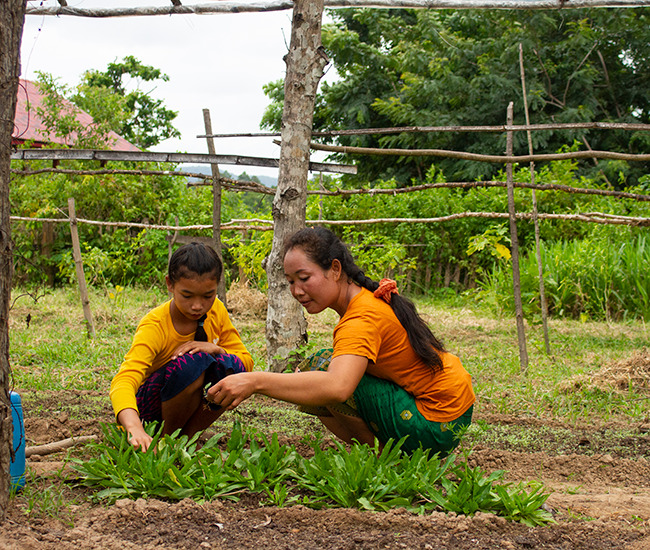
Tea plants (camelia sinensis) are endemic to the forests in the mountains of northern Laos, remote areas where many ethnic minorities live: thousand-year-old wild tea plants, wild tea plants on slash-and-burn plots and plantations. The region accounts for roughly 95% of tea production in Laos. Tea has big potential for local economic growth, as Lao tea […]
Animal health and public health in Cambodia
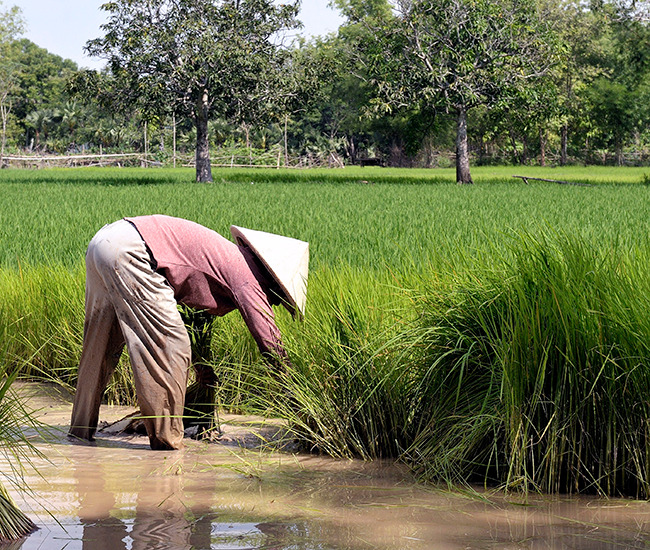
Farmers in Cambodia face two major challenges: animal health (few veterinarians, high rate of disease and death) and human health (use of toxic chemical inputs, threat to food security, etc.). AVSF’s One Health project aims to provide better local services to vulnerable farmers by focusing on both animal and human health. AVSF has helped train […]
Organic and fair-trade cocoa in Togo
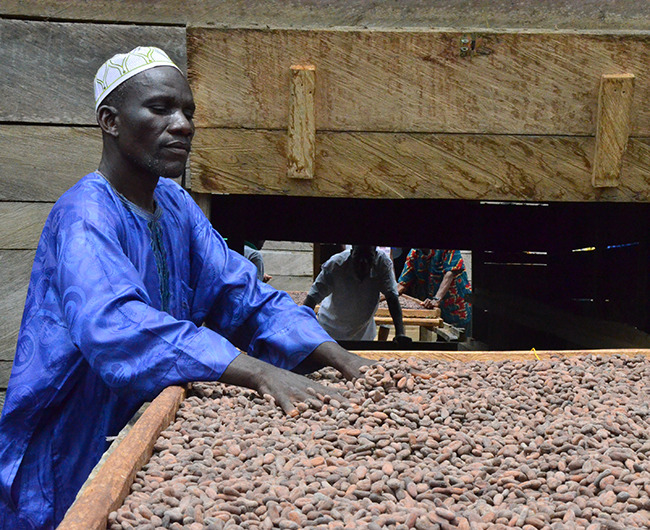
Nearly 60% of the world’s cocoa is grown around the Gulf of Guinea, where cocoa is one of the major cash crops and constitutes a source of income for the countries and smallholder families that produce it. However, the cocoa sector is controlled for the most part by bean-exporting companies and is regulated at the […]
Pastoralism and combatting desertification in northern Senegal
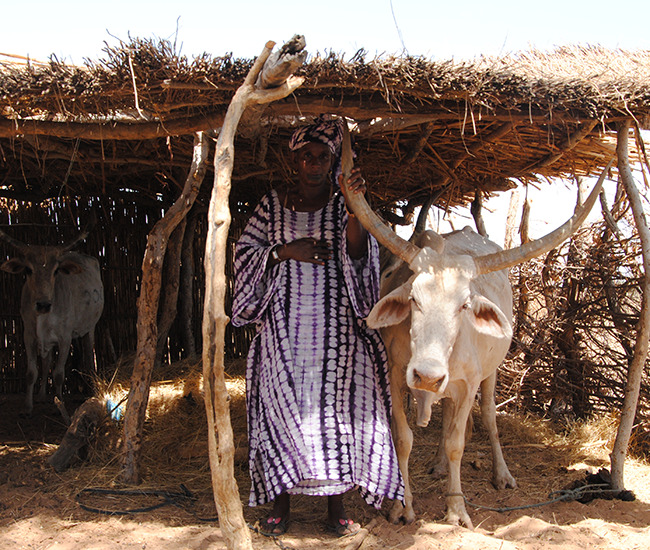
Matam and Louga are regions in the heart of the sylvo-pastoral zone of northwestern Senegal. In partnership with AVSF, the French Facility for Global Environment (FFEM) and the Auvergne Rhône-Alpes region, these regions designed this project to regulate access to pastoral resources in a way that is fairer and more sustainable. Despite its potential, livestock […]




